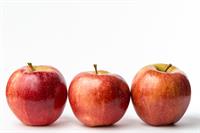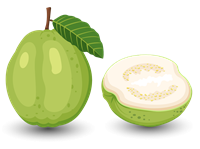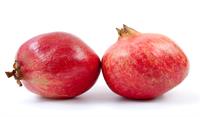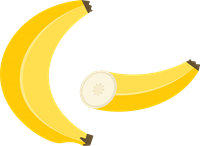PDF chapter test TRY NOW
In the Pictograph, the data is represented using the pictures. Pictograph plays a vital role while representing a data because only through the numbers and tally marks, we cannot represent all the different data. Using this method, we represent numerous data in a simple way.
We see an example which could help us understand the 'Pictograph'.
The below table shows the single-day sale data in the fruits shop. The vendor sold a 30 Apples, 25 Guava fruits, 20 Pomegranates, and 15 Bananas.
In the following pictography, one full picture of fruit represents 10 fruits, and one-half picture represents 5 fruits.
Name of the fruits | The number of fruits in tally mark | Number of fruits in pictography |
Apples | 30 = |  |
Guava | 25 = |  |
Pomegranates | 20 = |  |
Bananas | 15 = |  |
If you notice the above table, the pictography is much easy to understand visually than the tally mark. This is why pictographs are widely used to represent data in statistics.
Interpretation of pictograph:
From the above pictograph, we can derive the number of fruits sold in a fruit shop.
1. The number of apples sold = 3 full pictures that means 3 × 10 = 30.
2. The number of guava sold = 2 full pictures and 1 half picture that means 2 × 10 + 1 ×5 = 25.
3. The number of Pomegranates sold = 2 full pictures that means 2 × 10 = 20.
4. The number of banana sold = 1 full picture and 1 half picture, which means (1 × 10) + (1 × 5) = 15.
Advantages:
- Pictograph is a unique and effective way of representing the data.
- The pictures gives a simple visual experience to the data presented.
- Easily analyzable and understandable.
